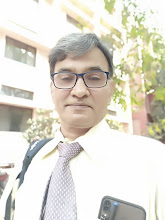Lily Tomlin - Comedian & Emmy Aw winner
Lily Tomlin (born September 1, 1939) is an Academy Award-nominated American actress, comedian, writer and producer. Tomlin's body of work, which has spanned over 40 years, has garnered her several Tony Awards and Emmy Awards, as well as a Grammy Award.
First I heard about her in Funny Quote. About shagging. Then googleed. It lead me to wiki pedia. Both Wikipedia and Wiki Quote have a page about Lily Tomlin and her ex-tempore funny quotes.
http://en.wikipedia.org/wiki/Lily_Tomlin
and...
http://en.wikiquote.org/wiki/Lily_Tomlin
her interview from ' Advocate Magazine'
http://findarticles.com/p/articles/mi_m1589/is_2005_March_15/ai_n13629326/
First I heard about her in Funny Quote. About shagging. Then googleed. It lead me to wiki pedia. Both Wikipedia and Wiki Quote have a page about Lily Tomlin and her ex-tempore funny quotes.
http://en.wikipedia.org/wiki/Lily_Tomlin
and...
http://en.wikiquote.org/wiki/Lily_Tomlin
her interview from ' Advocate Magazine'
http://findarticles.com/p/articles/mi_m1589/is_2005_March_15/ai_n13629326/


